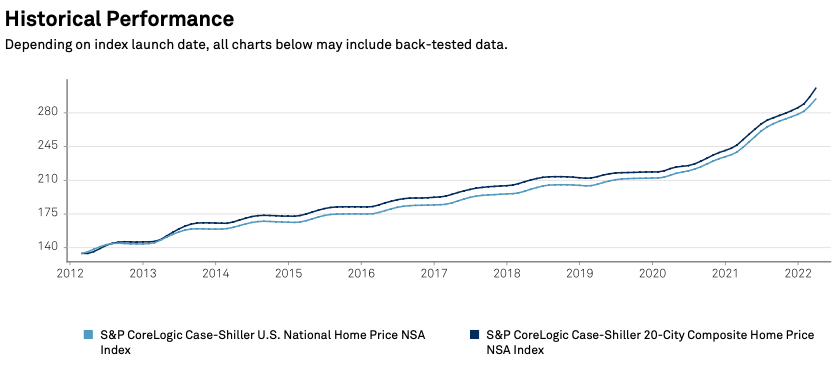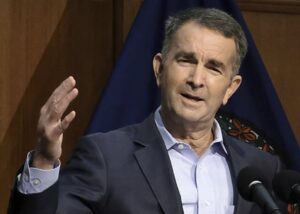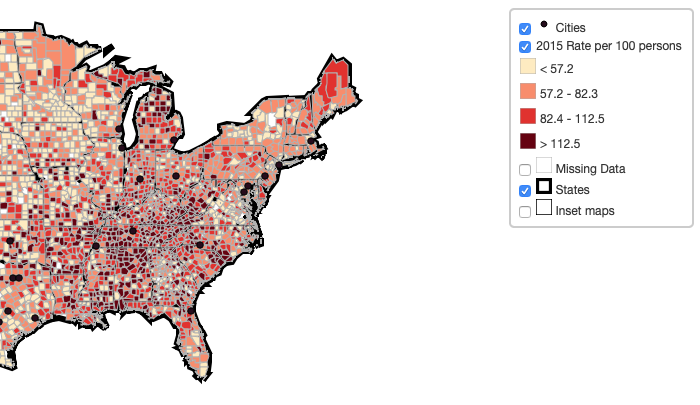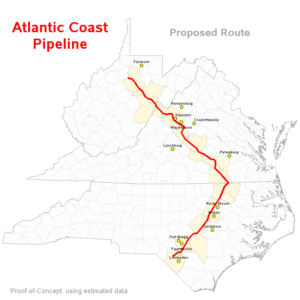by Hans Bader
In Virginia’s legislature, rent-control legislation has been introduced by five Democratic delegates and a Democratic state senator. Economists oppose rent control because it makes it more difficult for people to find decent housing in the long run. In a 1992 poll, 93% of those surveyed said rent control reduces the quantity and quality of housing available.
But Democrat-run Loudoun County is now asking the Virginia legislature for the power to impose rent control. DC News Now reported in December that “New policies could soon be introduced in Richmond at the request of Loudoun County. One would place a limit on rent increases.”
This is surprising, because even left-leaning economists mostly think rent control is stupid, as expressed by Swedish economics professor Assar Lindbeck. He said, “Rent control appears to be the most efficient technique presently known to destroy a city — except for bombing.”
In 1989, Vietnam’s socialist leaders reluctantly admitted that their policy of rent control had destroyed the housing stock of Vietnam’s capital city, which had been sturdy enough to survive years of American bombing during the Vietnam War. Vietnam’s foreign minister said, “The Americans couldn’t destroy Hanoi, but we have destroyed our city by very low rents. We realized it was stupid and that we must change policy.”
Yet State Senator Jennifer Boysko, who represents Virginia’s Loudoun County, has introduced SB 1278, a rent-control bill. It would allow cities and counties to adopt rent control ordinances, under which rent increases would be limited to inflation or less. Her legislation states that such ordinances “shall prohibit any increase in the rent by such landlord of more than” the “percentage increase in the Consumer Price Index,” and “may allow rent increases … by an amount not to exceed” that inflation rate. The same bill has been introduced in the Virginia House of Delegates by Democratic socialist Nadarius Clark and four other Democrats, as HB 1532. Continue reading



 by James C. Sherlock
by James C. Sherlock
 by James C. Sherlock
by James C. Sherlock by James C. Sherlock
by James C. Sherlock







